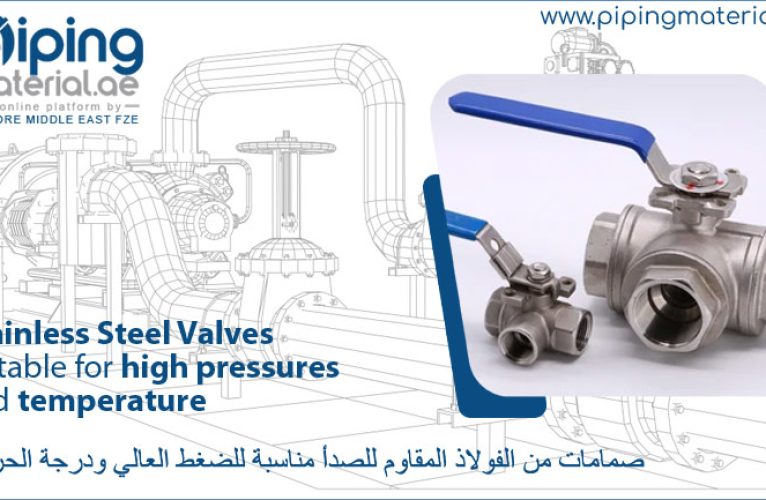What Are the Key Properties and Benefits of Copper Nickel Round Bars?


Copper nickel round bars are solid cylindrical bars made from copper nickel alloys, known for their excellent corrosion resistance and durability. They are widely used in various industries, including marine, oil and gas, and chemical processing. In this article, we will explore the key properties and benefits of copper nickel round bars, as well as their comparison to brass bars.
Copper nickel round bar exhibit exceptional corrosion resistance, making them suitable for applications in harsh environments. The copper nickel alloys, typically composed of copper and nickel with small additions of other elements such as iron and manganese, form a protective oxide layer on the surface when exposed to air or water. This oxide layer acts as a barrier, preventing further corrosion and ensuring the longevity of the round bars.
Copper nickel round bars possess good mechanical strength, allowing them to withstand high-pressure and high-stress conditions. The addition of alloying elements enhances the strength of the material, making it suitable for applications that require structural integrity and load-bearing capabilities.
Copper nickel alloys are known for their excellent ductility, meaning they can be easily formed and shaped without cracking or breaking. This property makes copper nickel round bars highly versatile, enabling them to be machined into various components, such as fittings, valves, and connectors, to meet specific design requirements.
III. Thermal Conductivity
Copper nickel round bars exhibit excellent thermal conductivity, making them ideal for applications involving heat transfer. The high thermal conductivity of copper nickel alloys allows for efficient heat dissipation and distribution, making them suitable for heat exchangers, condensers, and other cooling systems.
Copper nickel round bars possess natural anti-fouling properties, which means they inhibit the growth of marine organisms such as algae, barnacles, and mussels on their surfaces. This property is highly advantageous in marine applications, including shipbuilding, offshore structures, and seawater cooling systems. The anti-fouling properties help maintain the performance and efficiency of the equipment and reduce maintenance costs.
While both copper nickel round bars and brass bar are widely used in various industries, there are some notable differences between them.
Copper nickel alloys have superior corrosion resistance compared to brass. Brass, which is an alloy of copper and zinc, may corrode or tarnish more easily when exposed to certain environments, such as saltwater or acidic conditions. Copper nickel round bars are preferred in applications where corrosion resistance is critical.
Brass bars generally have lower strength compared to copper nickel round bars. However, brass exhibits excellent ductility and ease of machining. Brass bars are commonly used in applications where corrosion resistance is not the primary concern, such as decorative purposes, musical instruments, and plumbing fittings.
Copper nickel round bars find extensive use in marine environments, offshore structures, desalination plants, chemical processing, and oil and gas industries. Brass bars are commonly utilized in electrical components, musical instruments, plumbing fittings, and decorative applications.
Copper nickel round bars offer a range of key properties and benefits that make them suitable for a wide range of industrial applications. Their exceptional corrosion resistance, mechanical strength, ductility, thermal conductivity, and anti-fouling properties contribute to their popularity in various industries. When compared to brass bars, copper nickel round bars demonstrate superior corrosion resistance, making them the preferred choice for applications in harsh environments. Understanding these properties and their advantages can assist professionals in selecting the appropriate material for their specific needs.
Introduction to Braided Wigs Braided wigs have become a game-changer for many Black women, offering...
In today’s fast-paced world, having a reliable key cutting service nearby is a must. Whether...
Venturing into the world of business ownership can be a daunting task. With numerous decisions...